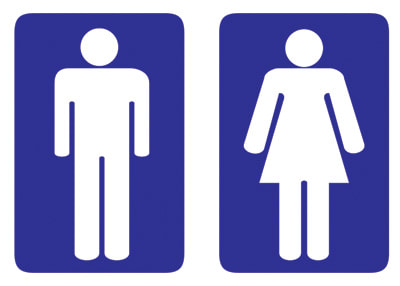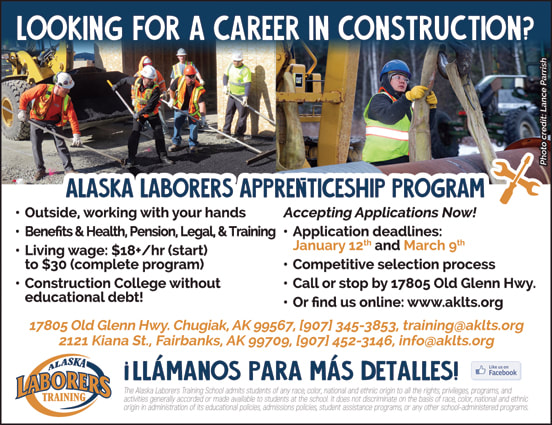|
In September of 2015, the Anchorage Assembly passed a law making all kinds of discrimination based on sexual orientation or gender identity illegal. This law allowed businesses to segregate restrooms, lockers and dressing rooms by gender, but it left to the customers the choice of which accomodation to use. So this law gave the transgender community the right to use the bathroom, locker or dressing room according to the gender with which they self identify, instead of the one matching their birth certificate.
In 2015, after the Assembly passed the non-discrimination ordinance, Assemblymember Amy Dembosky proposed to put the decision on restrooms, lockers, and dressers to a popular vote. In response, African-American Assemblymember Elvi Gray-Jackson said: “For me, as a black woman, to have the rest of this community vote on whether or not I could have equal rights is just wrong.” Two years later, Alaska Family Action, a faith-based public policy organization led by Jim Minnery, spearheaded an initiative to potentially repeal the law, and petitioned to submit to the popular vote the decision on bathrooms, lockers, and dressing rooms. This issue will be voted on the ballot on April 3, under the name of Proposition 1. Kati Ward, Campaign Manager for Fair Anchorage, the bipartisan coalition working to defend Anchorage’s non-discrimination laws, explains that Minnery and the people who have pushed forward this proposition argue that they seek “to protect women and children so that they would be safer in this community.” But this argument, according to Ward, equates non-traditional gender with being a sexual predator, and she holds that this comparison is non sense. “The reality is that attacking someone in a bathroom or a locker, or sexually assaulting someone is still illegal. The 2015 anti-discrimination ordinance did not make it legal.” Ward explains that those who oppose Proposition 1 “are not saying that safety in bathrooms is not important. We all need that protection. But the idea that women and children are at a greater risk because transgender people use their bathrooms is a false narrative.” If approved, Proposition 1 would have a high cost to Anchorage’s residents, since it would involve “pulling our police officers off the streets to regulate bathrooms. There are many other things going on in this community that our police officers need to be paying attention to,” more than taking care of bathrooms. This, above all, because “there have been zero instances of attacks of transgender people in Anchorage.” Proposition 1 is part of a campaign “about fear and hate towards a group of people that other people do not understand,” says Ward, adding that what the transgender community wants “is the right to have a life like you and me.” The idea that they can not go to the bathroom or that they must structure their entire day around the places where they can go safely jeopardizes one of the most vulnerable groups in the country. According to the 2015 US Transgender Survey, the transgender community suffers the highest unemployment rate in the United States: 15%, compared to 5% for the rest of the population. According to the same research, almost half (48%) of transgender people are verbally harassed, assaulted, or denied equal treatment. This survey also finds that a quarter of the transgender population is discriminated against in housing because of their gender identity. Ward is emphatic: the decision on Proposition 1 “has to do with what kind of community we want to build. Do we want to be repeating previous heinous acts of discrimination? This should not be what Anchorage is.” |

